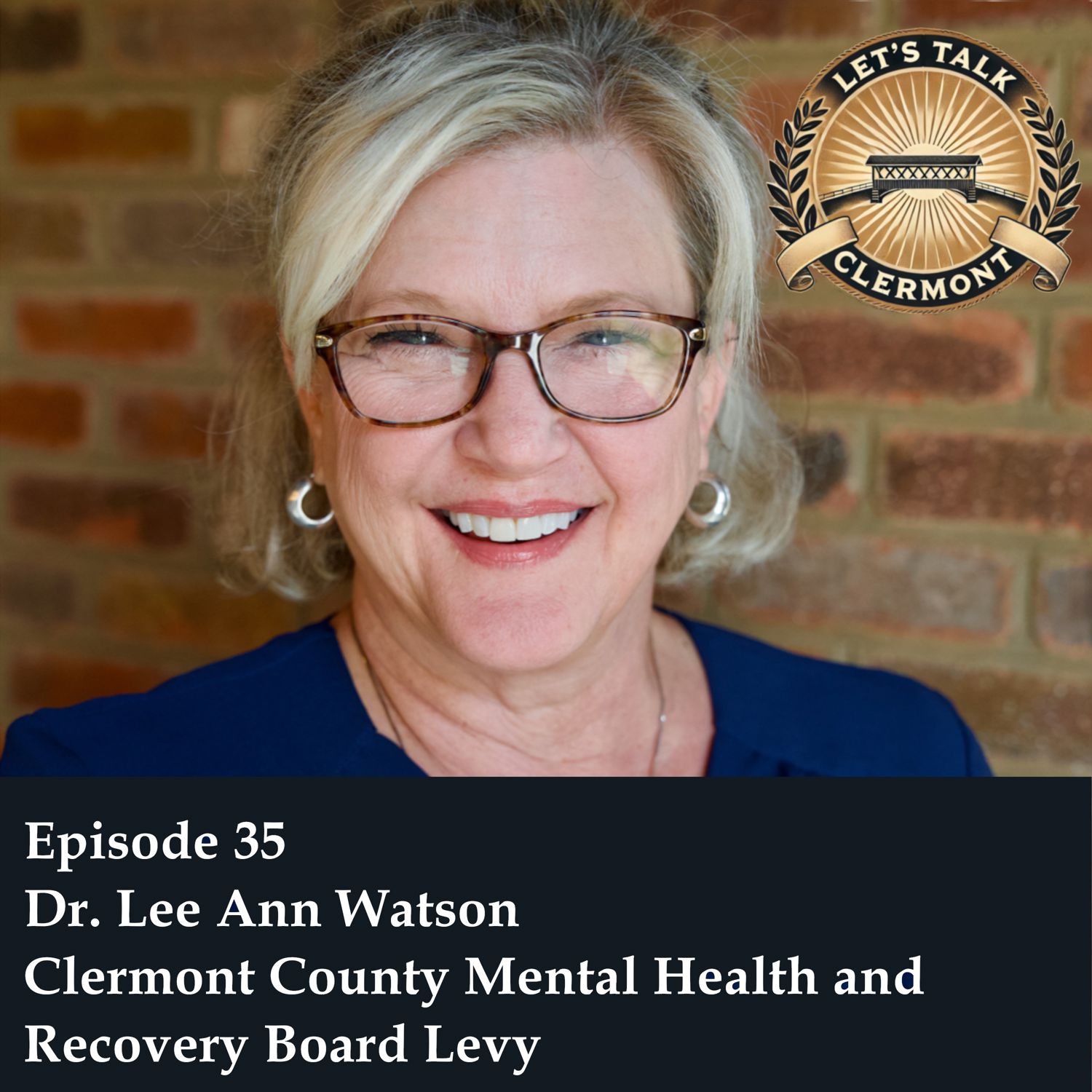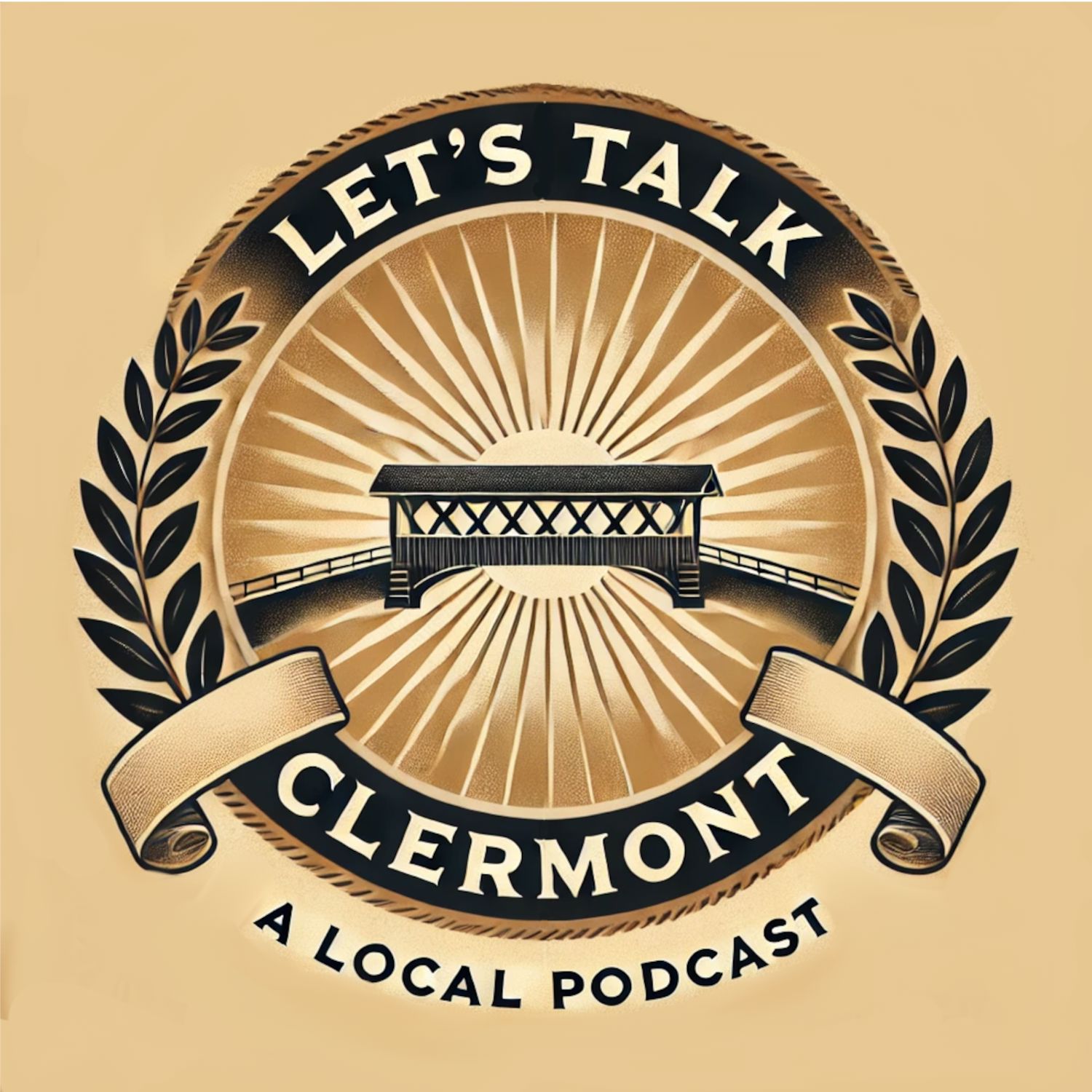28 October 2025
Episode 35 - Dr. Lee Ann Watson - Mental Health and Recovery Board Levy - E35

Episode 35 — Millage explained and Clermont Mental Health and Recovery Board levy renewal
We start the episode with a light refresher and explanation on Ohio property taxes. What a “mill” actually is, inside vs. outside millage, the HB 920 reduction factors, the 20-mill school floor, and how levy types (additional / renewal / replacement) really hit your bill.
Then, a conversation with Lee Ann Watson, Executive Director of the Clermont County Mental Health & Recovery Board, on what the Board funds, why the renewal is on the ballot, and a look ahead to a 24/7 crisis receiving center.
Tips, guests, or events? info@letstalkclaremont.com
Follow on Facebook & Instagram, and signup for the Thursday newsletter.
Facebook
Instagram
Newsletter
If the show brings you value, consider supporting us!
Donate
We start the episode with a light refresher and explanation on Ohio property taxes. What a “mill” actually is, inside vs. outside millage, the HB 920 reduction factors, the 20-mill school floor, and how levy types (additional / renewal / replacement) really hit your bill.
Then, a conversation with Lee Ann Watson, Executive Director of the Clermont County Mental Health & Recovery Board, on what the Board funds, why the renewal is on the ballot, and a look ahead to a 24/7 crisis receiving center.
Highlights
- “Mill” math made simple
- Inside (unvoted, capped at 10 mills) vs. outside (voted) millage
- Why HB 920 makes effective rates drop as values rise (and the key exceptions)
- School 20-mill floor explained
- Additional vs. renewal vs. replacement levies
- What the Board funds: safety-net care, school-based services, crisis line & mobile response, MAT, suicide-prevention, CIT training
- Renewal details: 0.75 mill, “no new taxes,” ~one-third of system funding; revenue based on 2015 values
- Trends since 2020: more youth crisis calls, rising anxiety/depression; stimulant misuse up; ongoing Narcan access
- Parent notes: red-flag behavior changes and where to start for help
- Coming soon: 24/7 crisis receiving center (urgent-care style for behavioral health)
Get involved!
Tips, guests, or events? info@letstalkclaremont.com
Follow on Facebook & Instagram, and signup for the Thursday newsletter.
Newsletter
If the show brings you value, consider supporting us!
Donate
